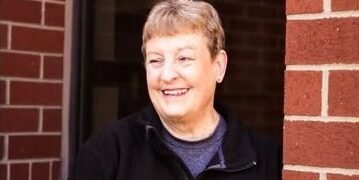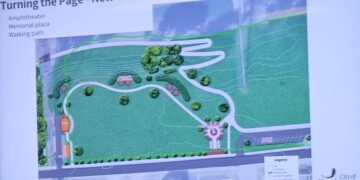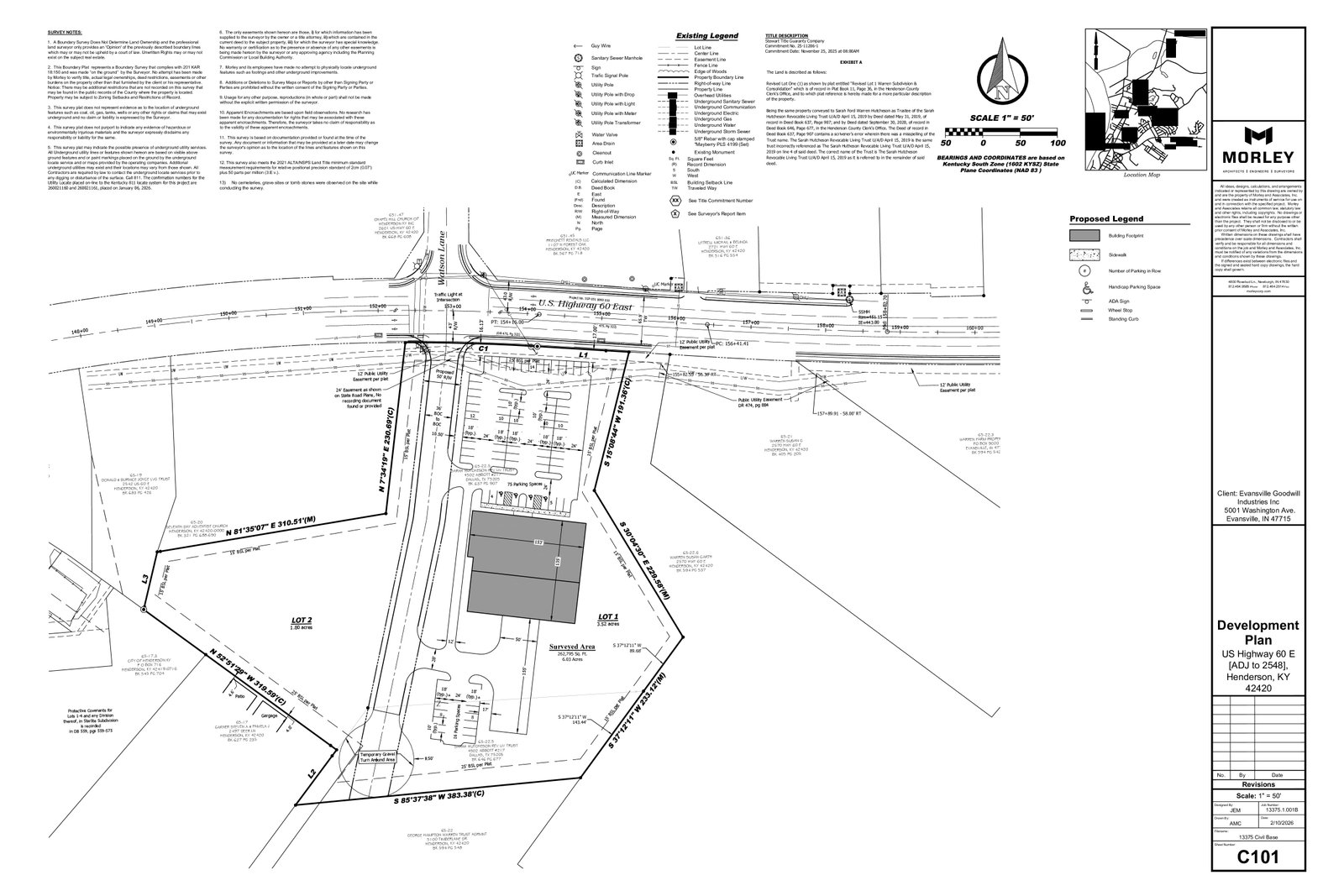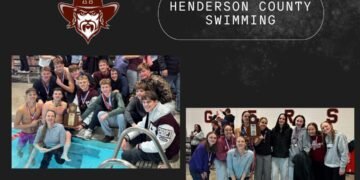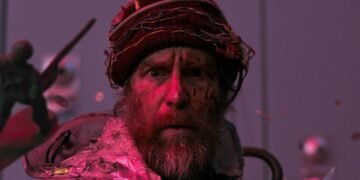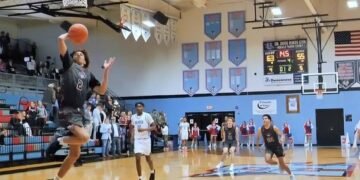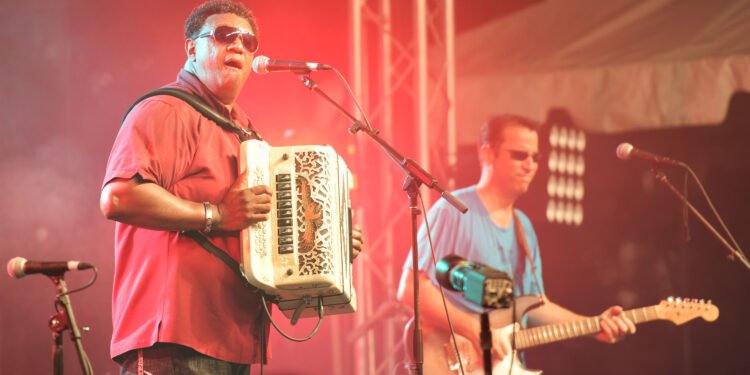They call it “Handy Magic.”
When a festival day appears to be a rainy-day washout, a headliner squeezes his band and equipment into a little corner of Rookie’s and rocks the night away, thrilling those stubborn festival goers who kept hoping the weather would break.
When a septuagenarian Grammy winner seems to have passed out appears near death, he pops up, and, to the roar of the already roaring crowd, plays his encore.
When a vendor at the W.C. Handy Blues and Barbecue Festival needs a generator (or some other piece of equipment hard to find at 9 o’clock at night) to keep his operation going, a generator (or some other piece of equipment hard to find at 9 o’clock at night) shows up.
It’s a phenomenon with different definitions for different people and hard to explain except to say you know it when you see or feel it.
Handy Magic can reveal itself in the logistics of putting the massive festival together, or it can strike an individual in an almost spiritual sense. But make no mistake, to those souls who plan and put on the festival each year, Handy Magic is a very real thing.
Take Handy Fest co-chair Steve Gold and music chair Brian Bishop. Their version occurs each year when, late at night and all the fires have been put out and both have a chance to breathe, they find themselves behind the stage, staring out at a sea of humanity stretching the length and breadth of Audubon Mill Park and all attendees are dancing or smiling or cheering to the music.
They think to themselves, “We did this? We were able to put this together?”
“It always amazes me that we pull this off,” Bishop says.
Started in 1991, this year will be the 32nd rendition of the event. The festival did not occur in 2020 because of the COVID-19 pandemic. This year’s fest runs June 14-17 in Audubon Mill Park. (See schedule on p. 12)
Leslie Newman, the hospitality chair, has worked with the festival since the beginning. Similar to Bishop and Gold, she finds it amazing that people from different backgrounds who often don’t work hand-in-hand through the planning process come together and make it happen when the festival is on.
“It’s just so unique that we can all come together,” she said.
It’s an understatement to say that the festival has grown, after having started in 1991 with musicians playing on the back of flatbed trucks.
Now the setup is world class, with large video screens and a professional stage. The $113,000 budgeted for musicians’ pay is just a piece of the total cost. Sponsors, like Field and Main Bank which has been with the festival from the beginning, provide the bulk of the money. The work gets done by volunteers—no one gets paid.
Those sponsors, though, do get a significant amount of advertising. Bishop says that time between acts can hit 30 minutes, and in that time, an advertiser gets thousands of sets of eyes on the video screens showing a business’s adverts.
“We’re able to really spotlight sponsors,” Bishop says.
Non-scientific estimates have put up to 10,000 people in the Handy Fest area at any given moment, and Gold says a conservative estimate of total crowds over the four-day festival are at 40,000.
And 73 percent of that crowd comes from more than 50 miles away, says Bishop.
It’s an economic boon to Henderson. Gold says that for most of the year, Henderson is spending money elsewhere, but for “one week a year we are importing dollars.”
The cost to attend the festival—free—is still something Gold feels passionate about.
“You can have a millionaire and a pauper standing next to each other and having a great time,” Gold said. “It doesn’t happen in very many other places.”
The blues, too, is a style that casts a diverse net—rhythm and blues, gospel blues, country blues, etc.
“There’s a little bit of something for everybody,” Gold said. “If the band up there isn’t your cup of tea, just wait.”
This year the festival will host 17 food vendors—“from barbecue to baklava,” Gold says. And also a beer garden hosted by Henderson Brewing Company.
Bishop and Gold say that the “Sunset District,” an ordinance approved by the Henderson Board of Commissioners in Sept. 2022 allowing patrons to carry alcoholic beverages in approved cups within a designated downtown area, is not activated for the Handy Fest.
They say festival organizers have the choice to activate the Sunset District, and Handy officials do not want it in place. Part of the reason boils down to economics. A percentage of the proceeds from the beer garden goes to the Handy Fest, and keeping beer drinkers in the beer garden makes economic sense.
One of the leaders of the Handy Fest since his first in 1998, Gold says this year will be his last in a leadership role—for a while, anyway.
His son, Nate, is a runner on Henderson County High School’s track team, and festival committee meetings kept him away from some of his meets this past spring.
But he’ll be back, he admits. The fest is in his blood.
Newman says many of the bands that play at the Handy Fest tour throughout the U.S. and many also tour in Europe.
“(But) they know and love and remember the Handy Fest and Henderson, Ky.,” she says. “That’s magic.”
“The great thing is that it is the signature festival, not of the region, but all around the world (during the week it’s put on),” Gold says.
“For a week of the year,” Bishop says, “it is the epicenter of the entire genre.”
By the way, the headliner who squeezed his act into Rookie’s to rock the rainy night was the band of Devin Allman, son of legendary Gregg Allman of the Allman Brothers Band.
“They did it and it was a great time,” Gold says.
And the 70-something who took a quick rest on the metal walkway before his encore was none other than four-time Grammy winner Delbert McClinton.
While peering at the splayed Grammy winner, Bishop and Gold asked each other, “Is he OK?”
Then he popped up, moved to the stage and gave his encore.
Gold says his favorite Handy Fest committee meeting is the first after the festival when organizers recount their own instances of Handy Magic, telling their tales, reliving the music, feeling the feeling, until they do it all again next year.


